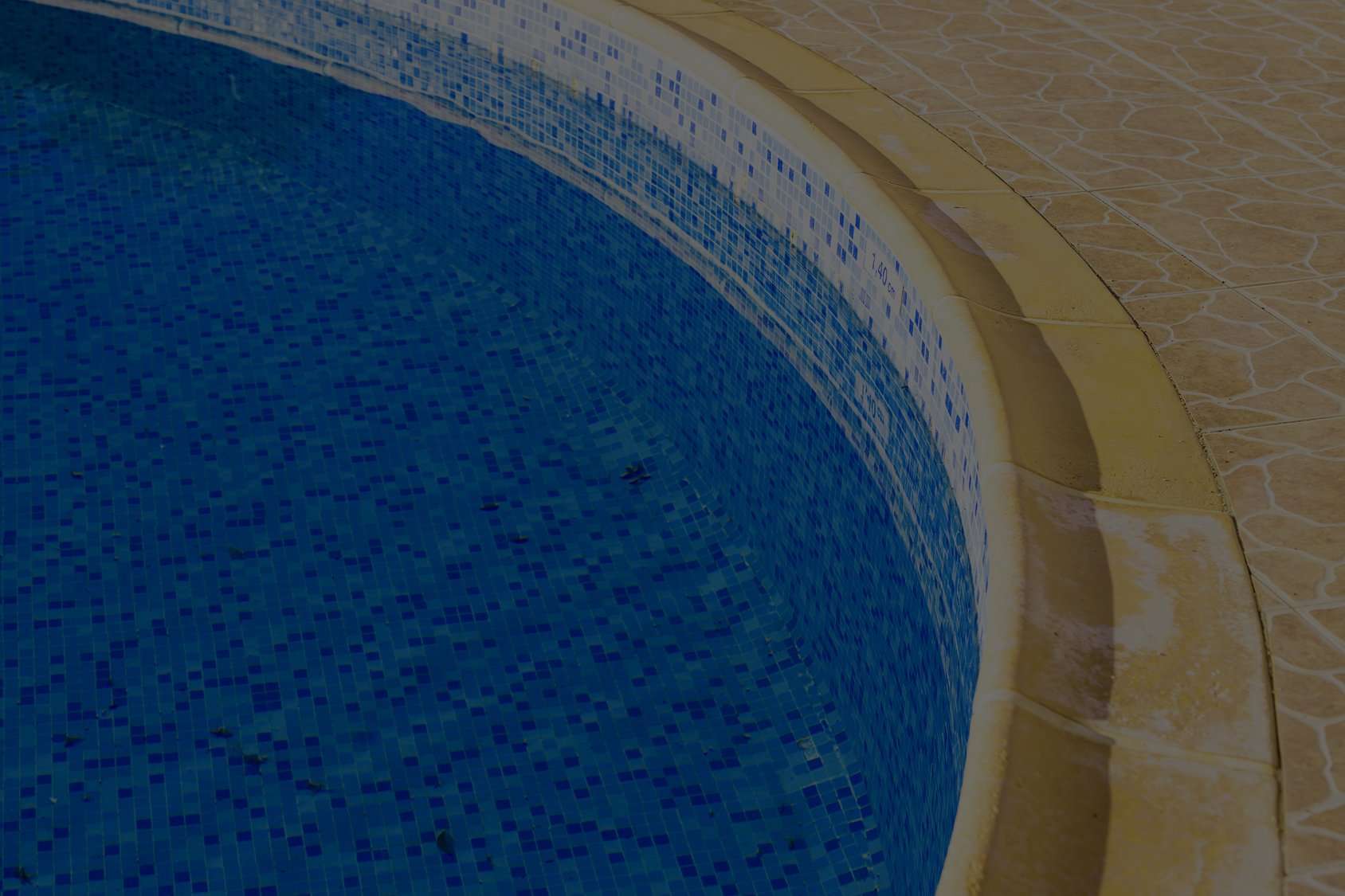As for owning a pool, many homeowners focus on the quality of the water and adjacent landscaping, frequently overlooking one key aspect: the tiles. The condition of your pool tiles can greatly impact the aesthetic appeal and total health of your swimming environment. Sadly, over time, these tiles can collect unsightly calcium buildup, grime, and algae, turning your previously sparkling oasis into a dull and unwelcoming space. Addressing this care is not merely a cosmetic concern; it can prevent long-term damage and costly repairs.
Understanding why pool tile cleaning is more important than you think for any pool owner is essential. Routine cleaning not only maintains the beauty of your pool but also improves safety by avoiding slips and falls on slippery surfaces. So, how frequently should you clean your pool tiles, and what methods are most efficient? If you choose DIY approaches or depend on professional services, knowing the best practices can dramatically improve your results. In this article, we will explore everything from the best method to clean calcium buildup on pool tiles to the merits of hiring experts in pool tile cleaning services. Get ready to take your pool's aesthetics and functionality to the next level.
Significance of Periodic Pool Tile Cleaning
Ensuring the cleanliness of your pool tiles is frequently neglected, yet it plays a vital role in the total condition and aesthetic of your pool. Dirty tiles not only reduce from the look of your swimming area but can also hold mold, pathogens, and additional unsafe substances. Regular cleaning helps ensure that your pool stays a safe and inviting place for loved ones to enjoy, avoiding health risks associated with unclean surfaces.
Another significant reason to emphasize pool tile cleaning is the reduction of costly repairs. Lime buildup and other debris can cause permanent damage to the tiles and the pool structure if left unattended. By investing in regular cleaning, you can extend the lifespan of your tiles and minimize the need for significant restorations or replacements later on. This forward-thinking approach conserves you both hours and money, making your pool maintenance more streamlined.
In addition, clean tiles contribute to enhanced water circulation and chemistry. When tiles are free from buildup and grime, they do not impede water flow, allowing for optimal filtration and sanitation. This can produce crystal-clear, fresher water and boost your pool's functionality. Regular tile cleaning ensures an enjoyable swimming experience and maximizes the functionality of your pool equipment, ensuring a well-maintained oasis in your garden.
Efficient Maintenance Methods
When it comes to preserving the aesthetics and functionality of your pool tiles, deciding on the right cleaning technique is important. One of the most effective methods for eliminating calcium buildup is applying a combination of vinegar and baking soda. This organic solution merely breaks down the deposits but also aids to restore the luster of your tiles. Distribute the mixture to the contaminated areas and allow it to rest before scrubbing carefully with a gentle sponge or brush. This technique is excellent for consistent maintenance and can prevent the need for intensive cleaning later on.
If your pool tiles have significant buildup or discoloration, professional tile cleaning services could be essential. These services often use cutting-edge techniques such as glass bead blasting, which effectively removes stubborn grime without damaging the tile surface. This method is particularly helpful for homeowners who want to secure a thorough clean. Hiring professionals ensures that the process is performed safely and efficiently, giving you assurance that your pool tiles are in qualified hands.

For those who lean towards a DIY approach, there are a range of retail tile cleaners accessible that can be helpful against tough stains. When selecting a cleaner, verify it is suitable with the kind of tiles you have, as some harsh chemicals can cause damage. Always follow the manufacturer's instructions for best results. Frequently implementing these cleaning techniques will ensure your pool tiles looking spotless and help prevent costly repairs or replacements in the future.
Proactive Maintenance Tips
To maintain your pool tiles in excellent condition, regular inspections are essential. Make it a habit to check for any signs of damage, such as fissures or staining. http://ttps://pooltileprosaz.com/ allows you to address issues before they become larger problems. Pay close attention to areas where the water jets or return lines contact the tiles, as these spots can collect more debris and buildup.
Another crucial aspect of preventive maintenance is ensuring proper water chemistry. Maintaining the pH and alkalinity levels in check not only ensures a clear swimming environment but also minimizes calcium accumulation on your tiles. Frequent testing the water and adjusting chemical levels will help avoid long-term damage and help you avoid costly professional cleaning in the long run.
Lastly, consider establishing a regular cleaning schedule that includes light scrubbing and rinsing of the tiles. This can be done once a week or bi-weekly, depending on how much debris your pool sees. Adding this into your regular pool maintenance will create a significant impact, keeping your tiles sparkling and extending their lifespan. A little care goes a long way in avoiding heavy buildup and the need for extensive cleaning services down the road.
